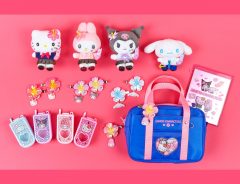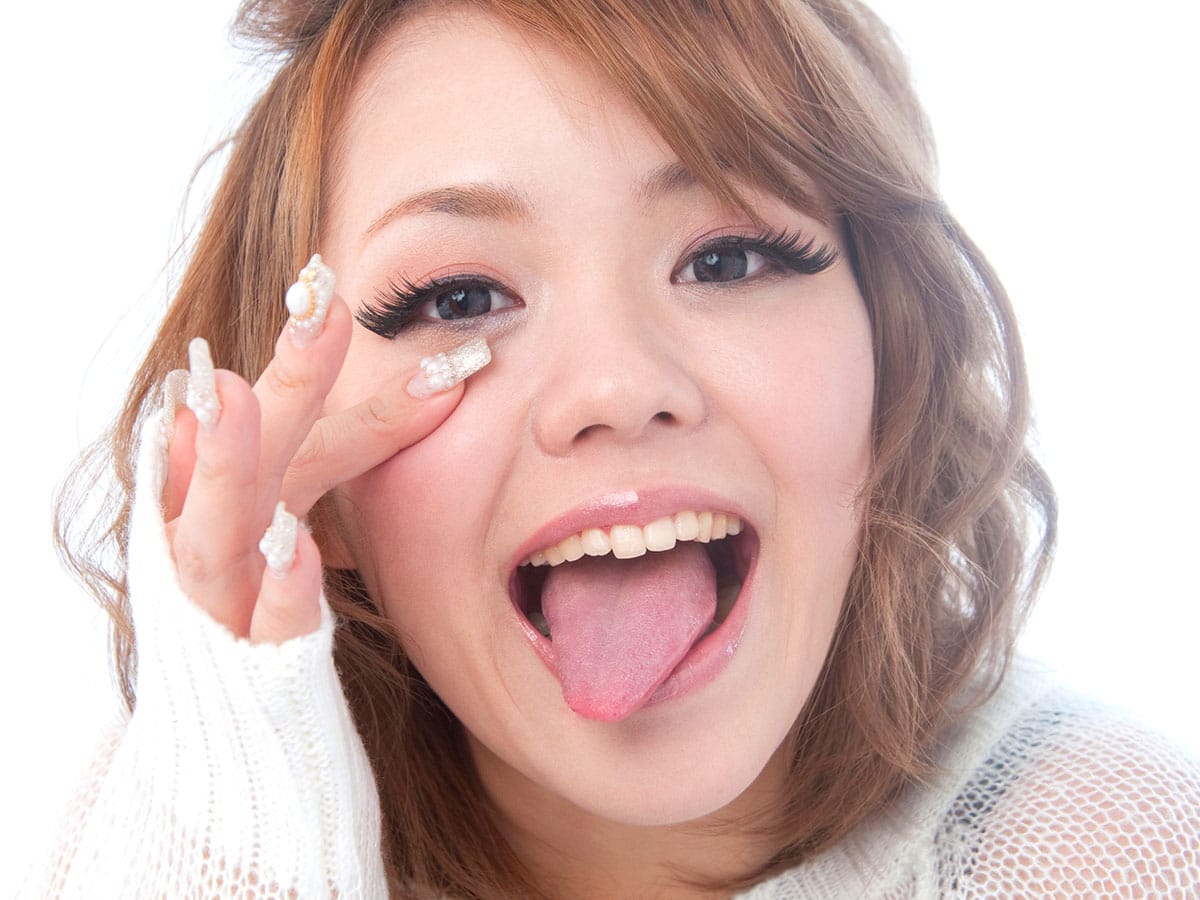- Tags:
- egg magazine / Gyaru / Japanese slang / Slang / Trends
Related Article
-

Japanese Makeup Trends Of The Past 100 Years Explained In Detail By Shiseido
-

Three “freaking awesome” Japanese words from skateboarding commentary!
-

Teleworking mum accidentally uses polite language on her kids and slang on her boss!
-

Japanese Vtuber trends in 2022: What makes a Vtuber go viral?
-

Sanrio characters channel Japan’s high school gyaru fashion with new “Heisei retro” lineup
-

Japan’s Newest Online Trend Is Sticking Straws Through Cheeseburgers



Beginning in 1995, Japanese magazine egg delivered the latest about gyaru fashion and featured photos of ganguro girls in the streets.
© PR Times, Inc.
As the popularity of gyaru culture waned, egg published its last issue in May 2014. However, egg returned as an online magazine in March 2018 and continues to enlighten its readers about gyaru culture.
Their most recent issue features『egg流行語大賞2020』where they conducted a survey to discover the top 10 most popular Japanese phrases among young women.
© PR Times, Inc.
Egg collected answers from its models and followers, with the total number of participants reaching 5,000 women.
Let’s find out what kids these days are saying and look at each phrase so that you’ll be up-to-date with the latest lingo.
Top 10 Japanese slang words according to egg readers
© PR Times, Inc.
#10: 397
This phrase is read ‘sankyū na.’ A play on Japanese numbers and pseudo-English, this is a phrase of gratitude. Commonly used as an Instagram hashtag, it conveys more intimacy and familiarity than the usual ‘arigatou.’
It was first introduced and popularized by the DJ group レぺゼン地球 (Represent chikyū) in their song lyrics.
#9: はにゃ (Hanya)
’Hanya’ is used when you don’t understand something, or to play dumb.
YouTuber and Japanese comedian Rei Maruyama (playing the role of Arts Director Chiaki Inoue) often uses this phrase.
#8: ~ニダ (-nida)
This is an inflection used at the end of a sentence, similar to ‘-yo’ or ‘-ne.’ ‘-Nida’ is said to come from the Korean language.
Famous for his sweets-centered TikTok and YouTube channels, Sholyn frequent use of ‘-nida’ influenced its proliferation.
#7: ~てり (-teri)
Another sentence ender, ‘-teri’ changes the normal verb ending of ‘ru’ to ‘ri’ to make the speaker sound cuter.
#6: 飛ぶぞ (Tobuzo)
’Tobuzo’ is an exclamation used when the speaker thinks something is ridiculously delicious. It comes from the use of ‘tobu’ to express the high experienced from drugs.
#5: 大丈夫そ? (Daijōbuso?)
This phrase is similar to ‘Daijōbu kana,’ where the speaker expresses their uncertainty about a situation.
The Youtuber duo パパラピーズ (Paparapys) use this expression in their videos and it spread from there.
#4: いぇいいぇい (Yaaay)
An exclamation of excitement or instead of the Japanese ‘cheers’ or ‘kanpai.’
This phrase was also popularized by Youtuber duo パパラピーズ (Paparapys).
#3: ~してもろて (-shitemorote)
Used when asking for a favor, gyarus will say this when pestering their friends to help them out.
Once again, this phrase was hyped by Paparapys.
#2: キュンです (Kyundesu)
Borrowed from the Korean language, this phrase communicates the speaker is choked up with emotion.
There is a certain pose struck in TikTok videos where that started the trend. You make a heart shape by pressing your thumb and index finger together and slightly crossing them. This phrase was popularized by TikToker Yorunohitowarai.
USSIE | © PIXTA
#1: やりらふぃ~ (Yarirafui-)
This is slang for a party-goer or someone who often goes clubbing.
Supposedly this originated from the 2016 dance song CHERNOBYL 2017 by Meland x Hauken feat. Benjamin Beats (specifically the Danish lyric "jeg vil at vi") and gyarus reposting videos of themselves dancing to the song on TikTok.
Did you know any of these phrases?
How’d you do?
You must have noticed the trend of where these phrases originated from.
If you’re into TikTok and Japanese pop culture, you’re more likely to have known some of these common slang words of 2020.
I myself am feeling a bit old. But that doesn’t mean I feel like I’m missing out.
It is certainly interesting to see where catchphrases come from, especially with younger generations hooked up to SNS all day long.
For those of you who understand Japanese, here’s a video of the egg Girls presenting their top catchphrases of 2020.